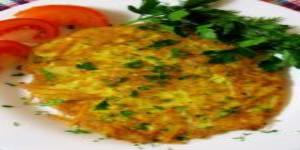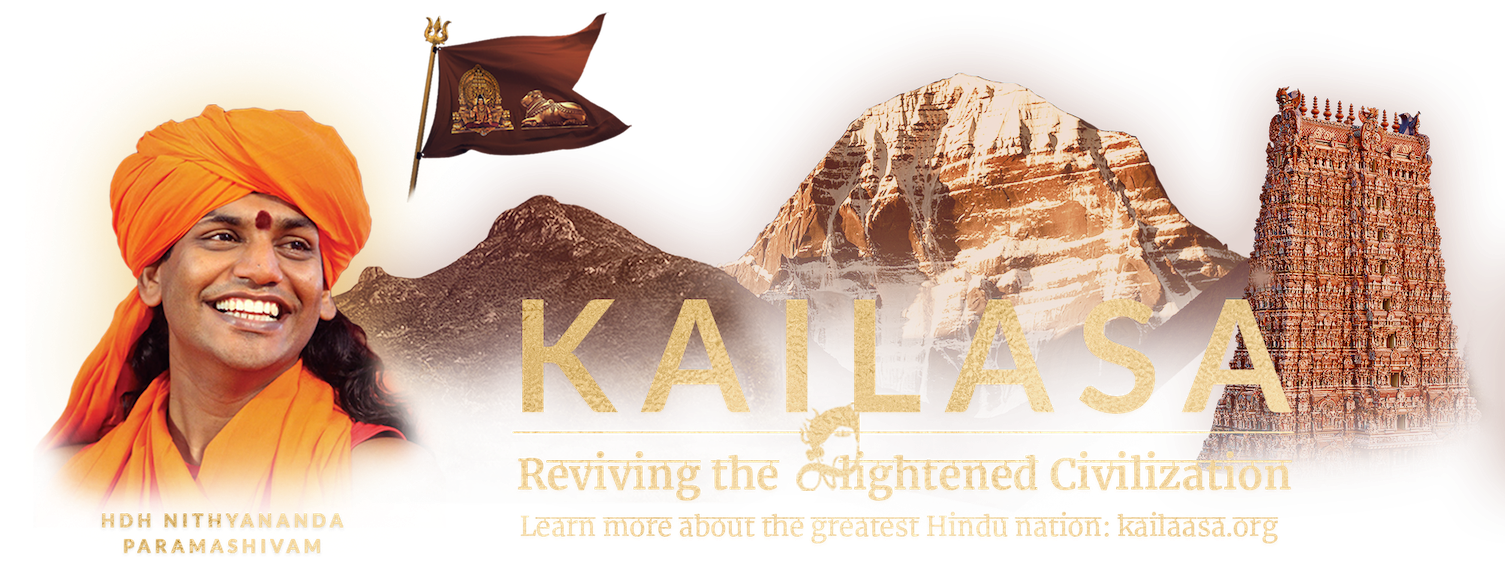
Fundamental Concepts and Principles
The primary ingredients in rotis/pancakes are stone ground flour, salt (optional), and water to form the dough. Rotis are made into savories with the use of jaggery, coconut, etc.
- ½ veesai Tapioca
- 7 palam Wheat Grits
- ? palam Salt
1. Steam the tapioca until it is cooked. Then remove the skin.
2. Mix wheat grits, salt, and steamed tapioca, add water, mix them well to make a dough.
3. Make small balls out of the dough. Place the small dough on the rolling board and roll them to make a roti.
4. Now cook the roti on a dosa pan.
5. Similarly, this roti can also be made using potato/pumpkin/raw banana. It’s important to steam/roast the vegetables, remove their skin before making the roti.
6. Then mix with semolina and make the roti.
Method
A roti dough is rolled out into flat round, square or triangular shapes, and cooked on a flat or slightly concave iron (or clay) griddle called a tawa. There are also a variety of rotis made using a traditional Indian oven called the tandoor, especially in the state of Punjab, where the flattened dough is stuck to the inside wall of the tandoor, where it bakes quickly at a high temperature. In everyday life and homes, the roti rolled out is called chapati and is made of whole wheat flour mixed into dough with water, edible oil or ghee and optional salt in a mixing utensil called a parat, and is cooked on the tava. Variations of the chapati include the phulka (in Punjab, Maharashtra, Gujarat) and maani in Sindhi.
Some roti recipes do use a home-made souring process called khameer, as also buttermilk, yoghurt, etc., for variety and healthier options.
Hindu Compliance Body
The Hindu compliance body was established under the executive order of The Supreme Pontiff of Hinduism, dated August 14, 2020, order number 10010, under the title Reviving the Hindu Compliance System and Body
to create, promote, spread and teach the standard procedures for all products and services that are in compliance Hindu Shastras.
Copyright
HCS has the copyright of all its publications. No part of these publications may be reproduced in any form without the prior permission in writing to HCS. This does not preclude the free use, in the course of implementing standard, of necessary details mentioned above. Enquiries related to copyrights to be addressed to KAILASA.
